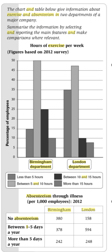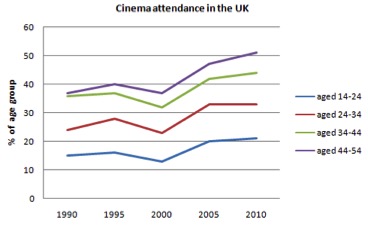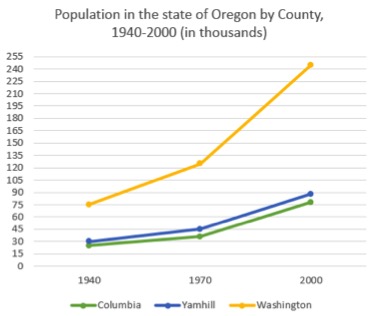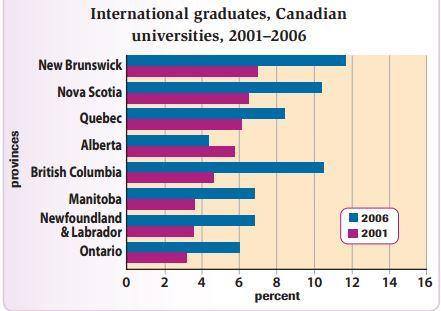dynaranjani
Feb 7, 2016
Writing Feedback / ISECG - DOES SPACE EXPLORATION RELATE TO NATIONAL PRIDE? IELTS TASK 2 [NEW]
Some people argue that space exploration has had more to do with national pride than international effort. To what extent do you agree with this? How do you think space exploration will change in the future?
Space exploration is no longer a mere idea. People now can go back and forth from Earth to space in the light of the advanced technology. However, some people believe that such activity seems to reflect on national pride rather than international effort, while in my opinion, it is more likely to be in reverse.
The early era of space exploration was driven by a space race between Soviet Union and United States. Both countries attempted to maintain their national pride by executing more space exploration projects. However, by 2007, about 14 space agencies from different countries had agreed to share their interests, plans and activities in space exploration together under the name of ISECG (International Space Exploration Coordination Group). This cooperation had proven that the idea of national pride behind space projects is utterly unjustifiable.
The fact that scientists have successfully overcome some major problems associated with space exploration such as equipment and cost, it is predicted that space projects will greatly improve in the future. Recently, more scientists and engineers have been keen on exploiting space in order to find some energy alternatives. They have come up with an idea to mine the asteroids and interestingly, the whole process will be done in the space. Although many people are a little bit sceptical, these scientists believe that such idea will be able to tackle the natural resources depletion in the Earth.
The aforementioned evidence reveals that nowadays space exploration has nothing to do with national pride since the establishment of international organization. This also indicates that more countries are interested in space projects, therefore it is forecast space exploration will immensely evolve in the future.
national pride or international effort?
Some people argue that space exploration has had more to do with national pride than international effort. To what extent do you agree with this? How do you think space exploration will change in the future?
Space exploration is no longer a mere idea. People now can go back and forth from Earth to space in the light of the advanced technology. However, some people believe that such activity seems to reflect on national pride rather than international effort, while in my opinion, it is more likely to be in reverse.
The early era of space exploration was driven by a space race between Soviet Union and United States. Both countries attempted to maintain their national pride by executing more space exploration projects. However, by 2007, about 14 space agencies from different countries had agreed to share their interests, plans and activities in space exploration together under the name of ISECG (International Space Exploration Coordination Group). This cooperation had proven that the idea of national pride behind space projects is utterly unjustifiable.
The fact that scientists have successfully overcome some major problems associated with space exploration such as equipment and cost, it is predicted that space projects will greatly improve in the future. Recently, more scientists and engineers have been keen on exploiting space in order to find some energy alternatives. They have come up with an idea to mine the asteroids and interestingly, the whole process will be done in the space. Although many people are a little bit sceptical, these scientists believe that such idea will be able to tackle the natural resources depletion in the Earth.
The aforementioned evidence reveals that nowadays space exploration has nothing to do with national pride since the establishment of international organization. This also indicates that more countries are interested in space projects, therefore it is forecast space exploration will immensely evolve in the future.




